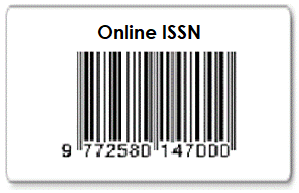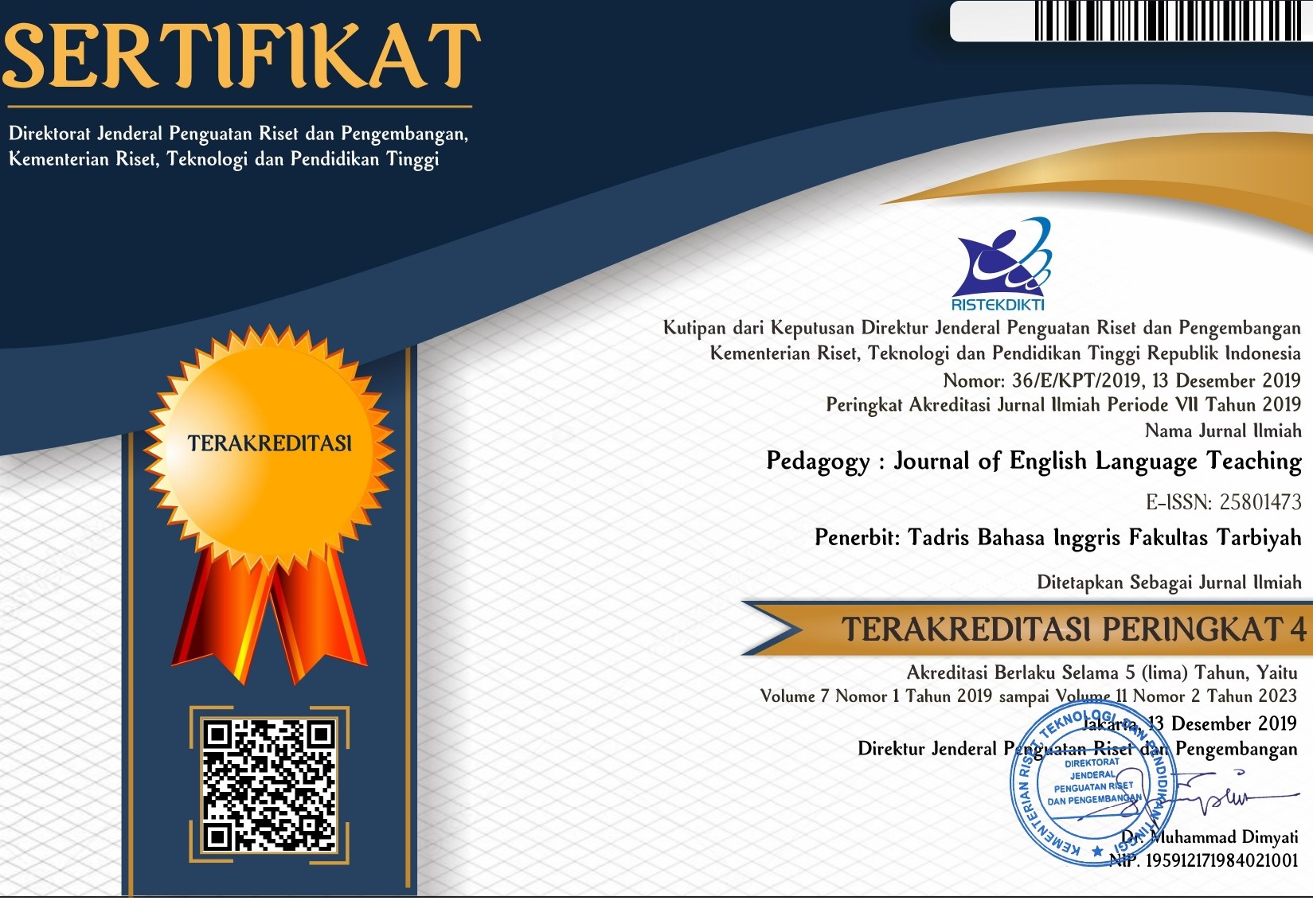Reading Self-Efficacy of EFL Students on Pre-Service Teaching Program and Practice in the EFL Classrooms
DOI:
https://doi.org/10.32332/joelt.v11i1.4770Keywords:
academic materials, EFL classrooms, reading academic materials, self-efficacy, students’ self-efficacyAbstract
Students’ self-efficacy regarding their ability to learn is critical for their motivation to learn and achieve the intended goals. What they believe, they are capable of will influence how they learn. This study examines students’ self-efficacy in reading academic materials and their preferred academic materials based on two distinct sources, printed and digital. Descriptive qualitative is used to conduct this study. In collecting the data, the researchers utilized an online questionnaire and interview. The study interviewed and distributed questionnaires to 30 university students about their experiences reading academic materials. The study found that students exhibit favorable attitudes toward the three components of self-efficacy: mastery experiences, vicarious experiences, and physiological states. Additionally, the majority of students have a high level of self-efficacy when it comes to reading academic materials from both printed and digital sources. From the two sources, students prefer to read digital academic materials than printed ones. Therefore, lecturers are expected to let students choose the most appropriate sources of materials for academic reading. They should also instill a reading habit in their students, which can begin with reading materials that interest them.
















